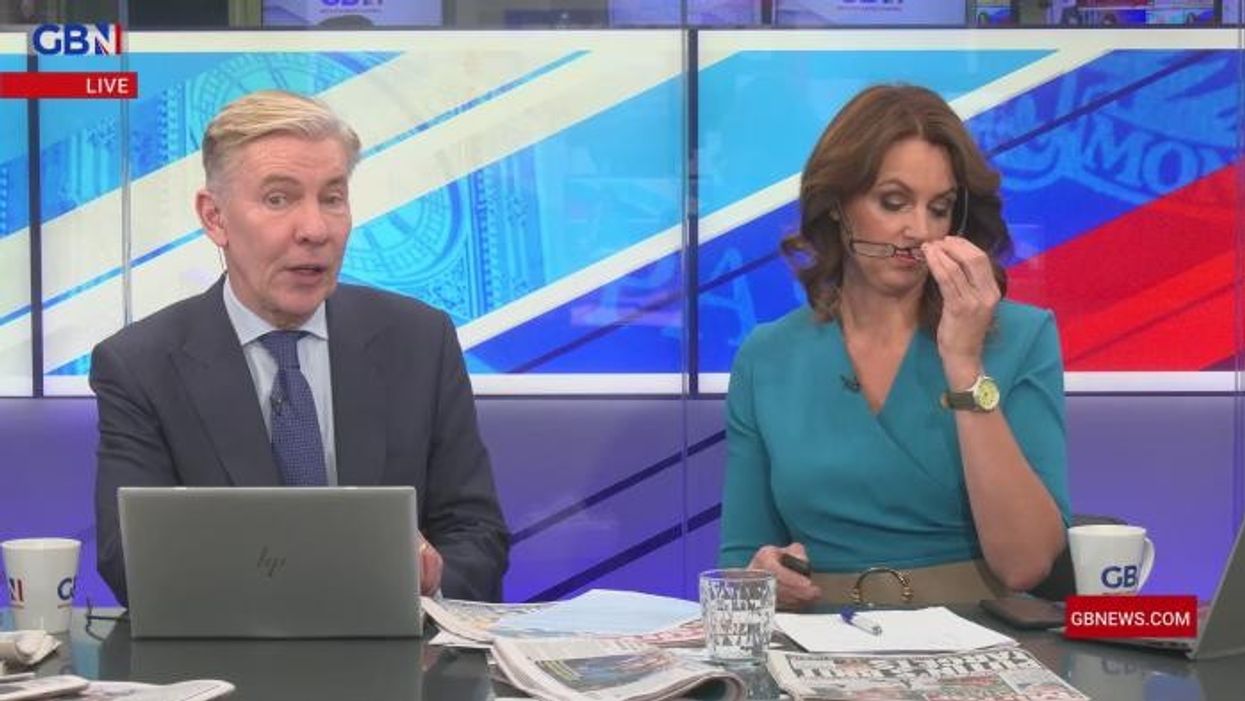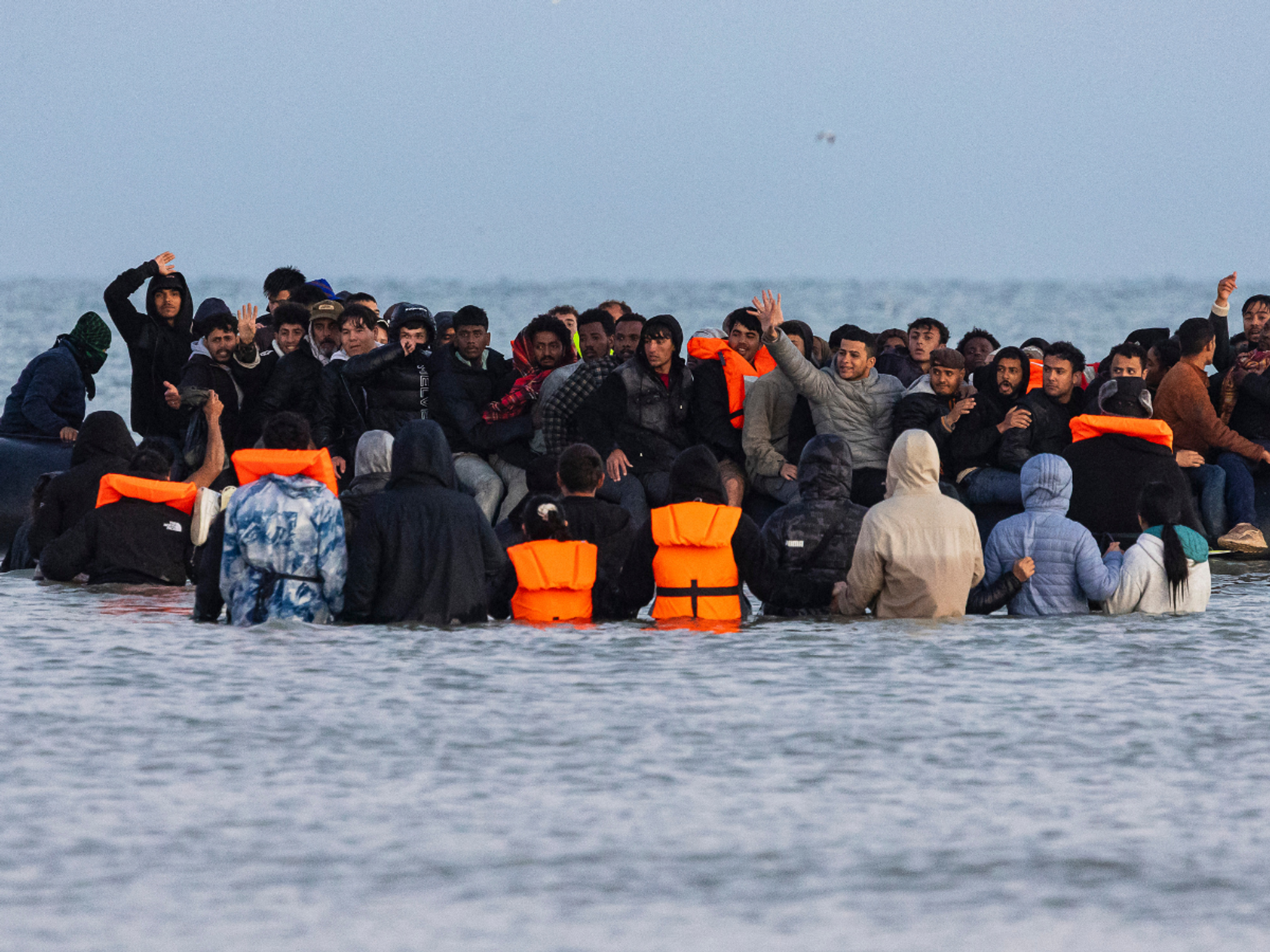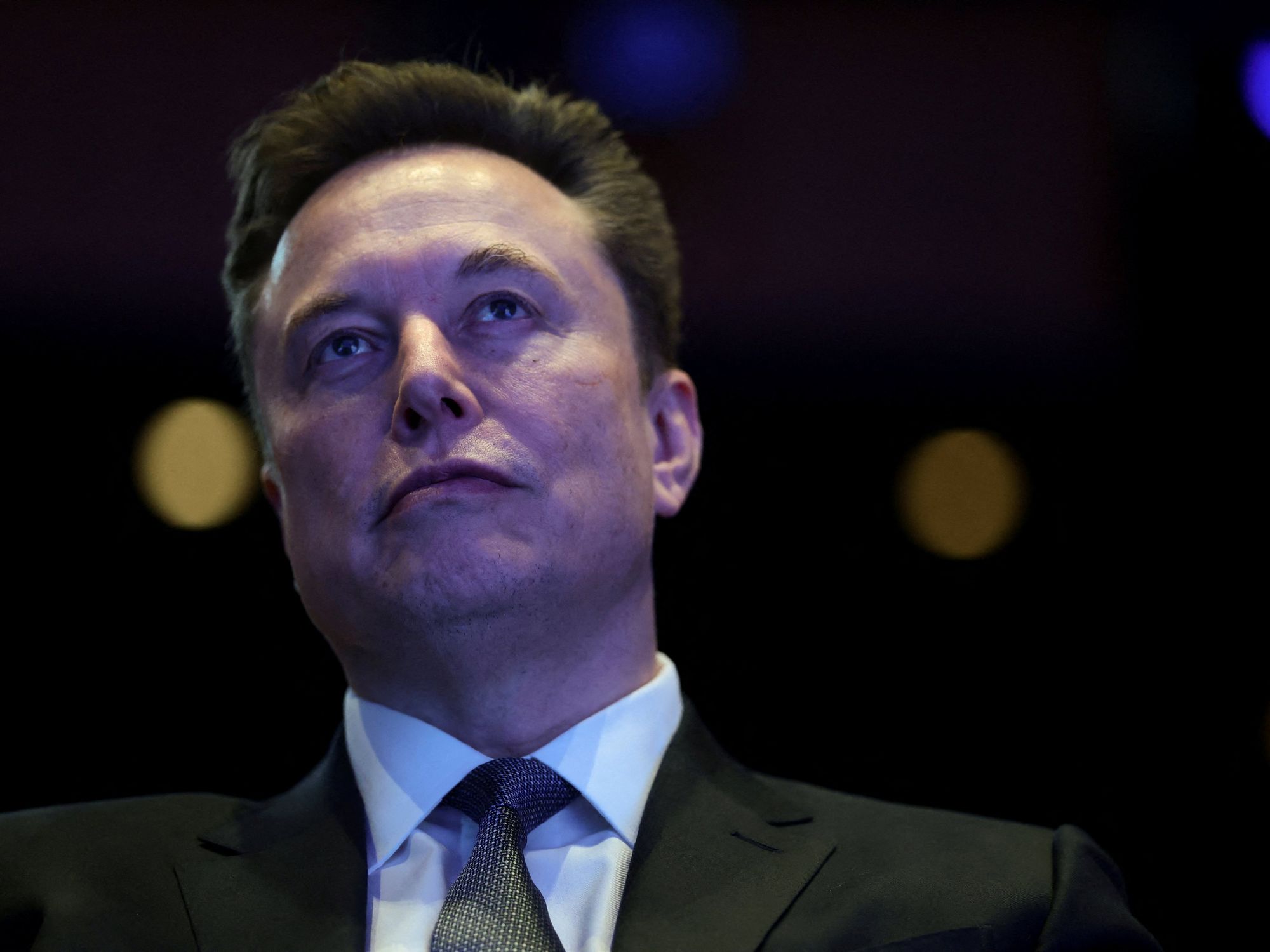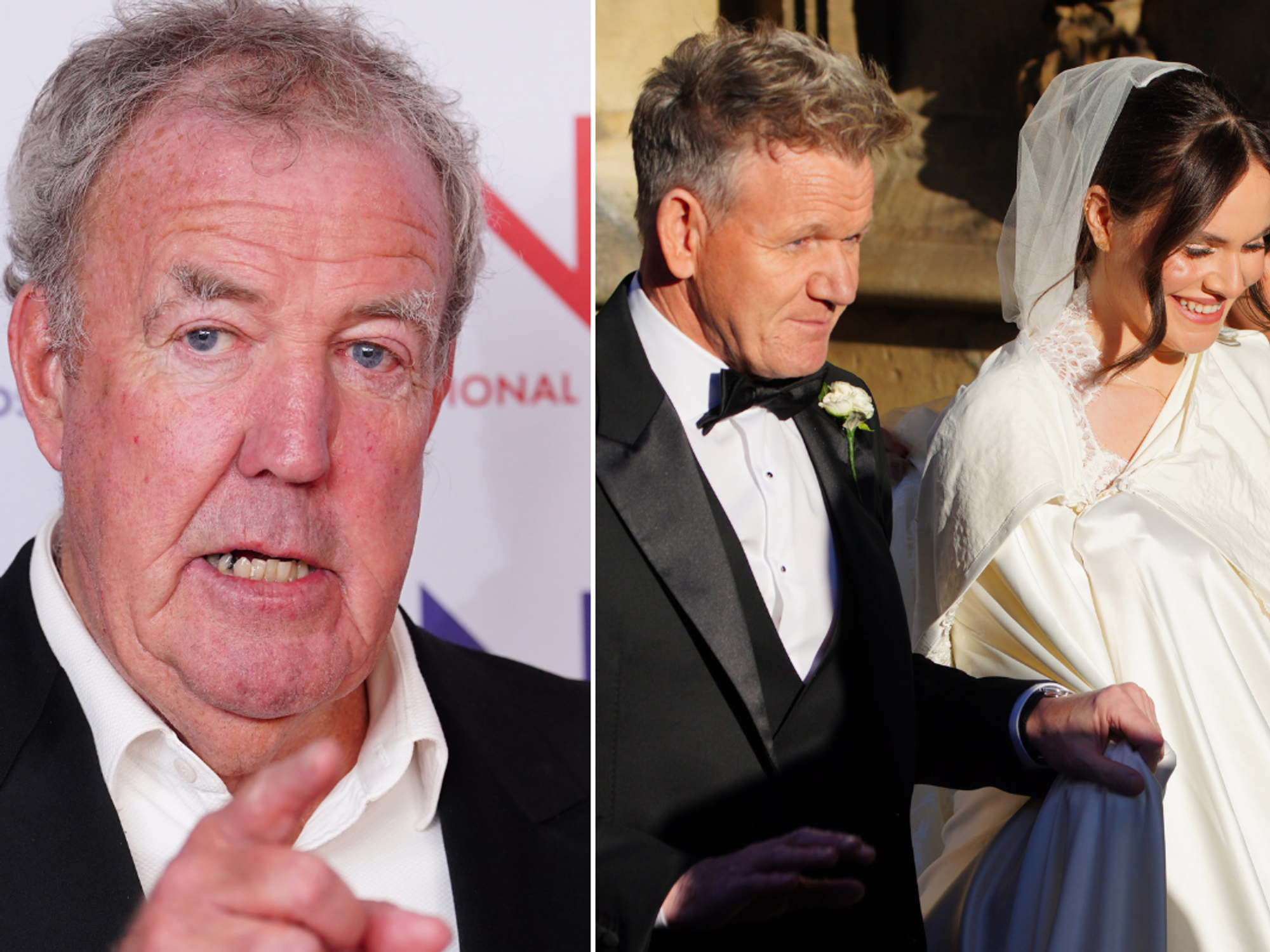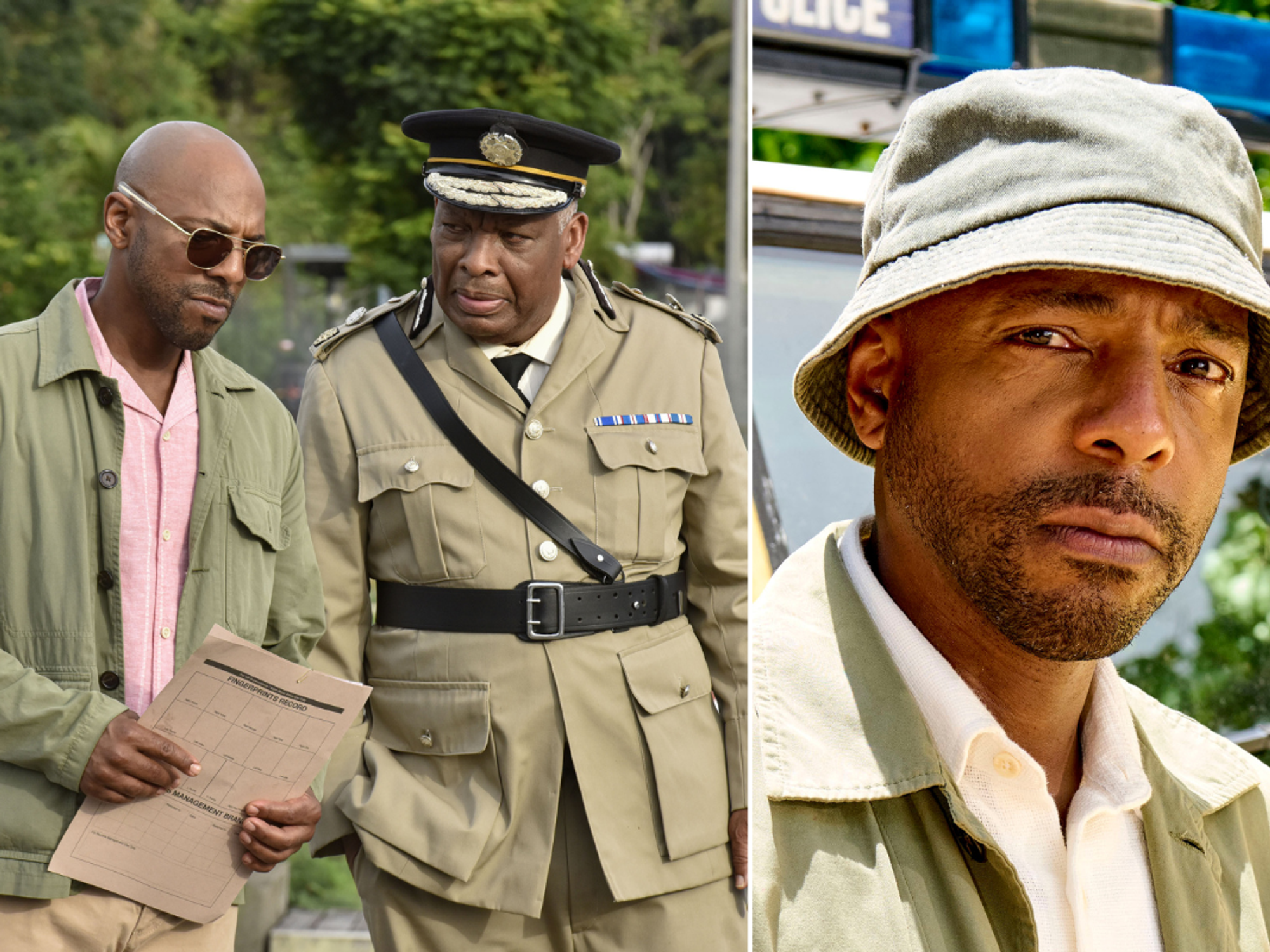Covid Inquiry blasted by scientists who attack bias after failure to consider cost of lockdown

Edinburgh University’s infection expert Dr Kevin Bardosh and Oxford University epidemiologist Sunetra Gupta organised a letter criticising the inquiry
Don't Miss
Most Read
Latest
Leading scientists have accused the Covid Inquiry of being “fundamentally biased” as it fails to examine the costs of lockdown.
Inquiry chairman Baroness Hallet received a letter from a group of 55 professors and academics.
The letter warned the process is “not living up to its mission” of evaluating the mistakes made during the pandemic, assessing how appropriate measures were and preparing for another outbreak.
It instead suggested a “lack of neutrality” gives the report a “fundamentally biased” impression with “predetermined conclusions”.
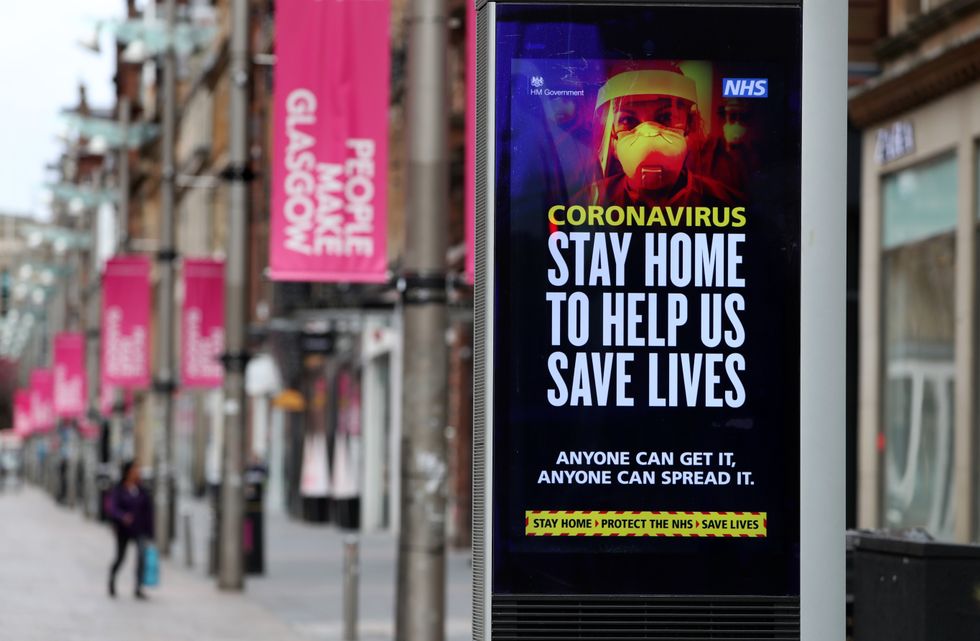
Inquiry chairman Baroness Hallet received a letter from a group of 55 professors and academics
|PA
The letter was published yesterday and called for the inquiry to hear move evidence from people who suffered from “negative effects” of pandemic-related policy decisions.
Edinburgh University’s infection expert Dr Kevin Bardosh and Oxford University epidemiologist Sunetra Gupta were named as the letter’s organisers.
Dr Bardosh told The Telegraph: “The letter is an attempt to get the inquiry to recognise that they have got some things wrong, they still have time to redirect it to be more impartial.
“It is really important that the inquiry recognises they have had these biases and shortcomings in Modules One and Two so they don’t carry it over into the other modules.”
The Covid Inquiry has so far examined the Government’s resilience and preparedness.
It has also assessed UK political governance and how the Government makes decisions.
The Covid Inquiry will soon fixate on a new set of modules, including one focusing on the Government’s business and financial response, and another looking at the impact on education, children and young people.
LATEST DEVELOPMENTS: The Covid Inquiry is facing fresh criticism | GETTY
The Covid Inquiry is facing fresh criticism | GETTYThe letter stated: “The consensus position in pre-2020 pandemic plans was that non-pharmaceutical interventions, including lockdown, had weak evidence of effectiveness, and were predicted to cause substantial harm to society, especially if used for prolonged periods.
“This informed the initial response to Covid in early 2020.
“Yet, the inquiry assumes that these measures are effective and appropriate.
“As a result, it downplays the harms to society caused by two years of emergency infection control mandates.”
It added: “It has given preferential treatment to scientific advisers on Sage, who have a vested interest in maintaining the justification for their policy recommendations.
“Very few scientists with an alternative position have been asked to testify, and the inquiry has been confrontational rather than inquisitorial in its questioning of these views.
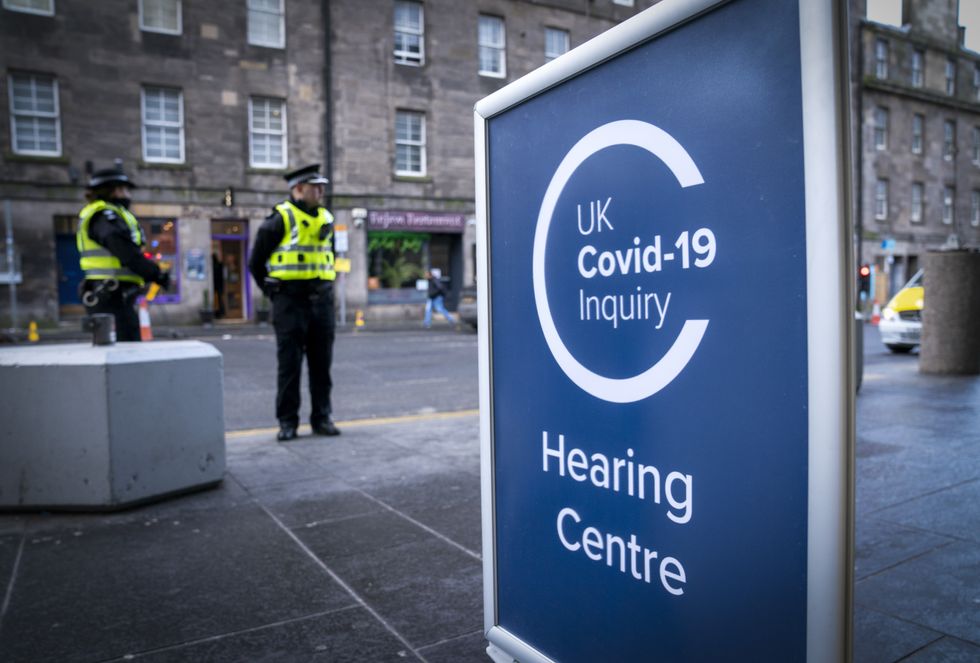 The Covid Inquiry is ongoing | PA
The Covid Inquiry is ongoing | PA“The inquiry has not seriously questioned the hypotheses and assumptions offered to government, especially from government-appointed modellers, which were used to justify Covid policies. Neither has it seriously examined the social and economic costs of lockdown.”
However, a spokesman for the Covid Inquiry reiterated its independence and confirmed Lady Hallet will not reach any conclusions until she has considered all evidence.
They said: “The inquiry was established in June 2022 and is entirely independent. Lady Hallett, chairman of the inquiry, has said repeatedly that she will not reach any conclusions until she has considered all of the evidence; that includes the written evidence.
“The inquiry does not act on assumptions and has called expert witnesses who question the use of lockdowns and other interventions, as well as experts who advised on the imposition of lockdowns.
“The inquiry will consider important issues such as the impact of lockdowns, key scientific and policy questions as well as population health and wellbeing in forthcoming modules.
“Our modular approach is clearly set out on our website and we will report during the lifespan of the inquiry, with the first report scheduled for this summer.”


